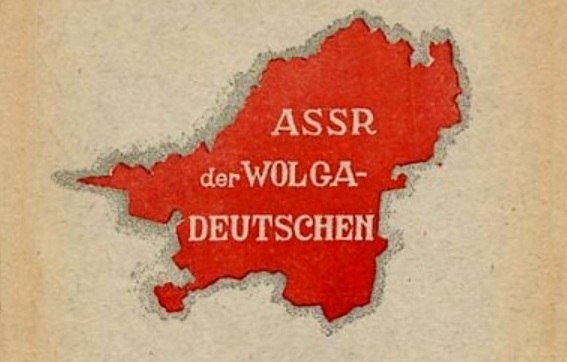It’s difficult to think of the Volgograd region’ history without the Volga Germans. The flow of immigrants from Europe who rushed in Russia in the 1760s changed the life of the region.
How did the Volga Germans come to the Volga region? This happened thanks to Catherine II who published the manifesto on 4th December 1762 which allowed foreigners to freely migrate to Russian uninhabited territories. Thus, thousands of Germans came and settled down in the Volga Region.
At a new place the German settlers supported their customary way of life: they built houses, grew crops, raised cattle and did handcrafts. Sarepta is considered to be a model German settlement; it was founded in 1765 to the south of Tsaritsyn. Nowadays, it is an open-air museum.
German newcomers brought with them not only tools but also their religion but according to the manifesto they were forbidden to impose their religion on Orthodox Chistians. Today, we can see well-preserved Kirches (Lutheran churches) built by German colonists. The Volga Germans being Catholics and Lutherans lived in peace with Orthodox Christians; they even celebrated Orthodox holidays bringing in their own originality.
The Volga Germans enjoyed the benefits given by the manifesto for 100 years and their population increased significantly. However, Alexander II revoked the manifesto. And since 1871 the Germans were forbidden to use their language in public places and they were obliged to complete military service.
The collectivization carried after the October Revolution was particularly acute for the German population. The Volga Germans Autonomy Movement achieved its purpose on 19th October, 1918 when the Volga German Autonomous Soviet Socialist Republic was established; it existed for 23 years. The Volga Germans were subjected to mass repressions and sent to Siberia, Kazakhstan, Altai.
In the 1990s Germany adopted the Law of Return that granted the Volga Germans a rapid process of citizenship acquisition.
Nowadays, in the Volgograd region you can see well-preserved heritage of the Volga Germans, and learn about their history, life and traditions.
